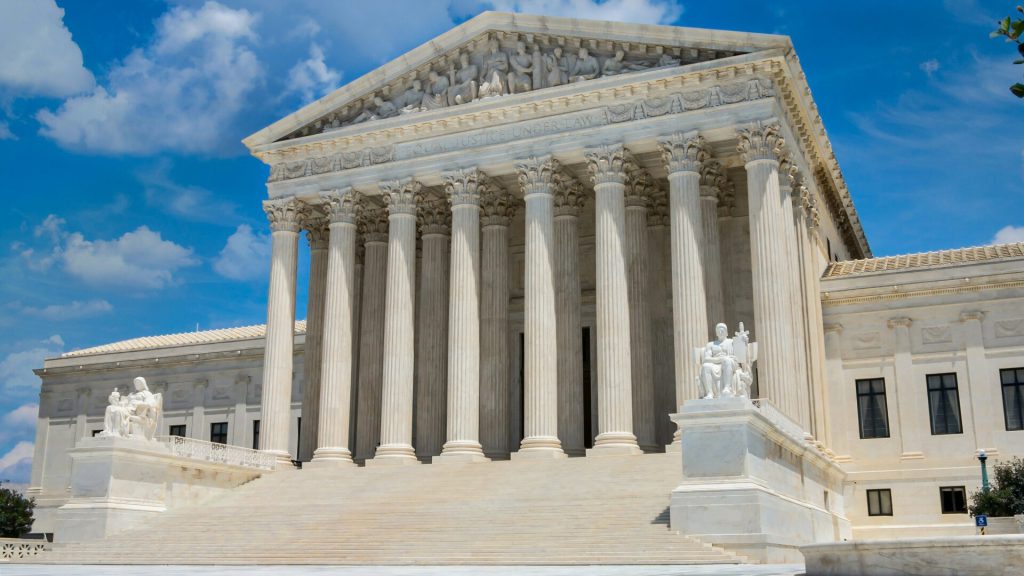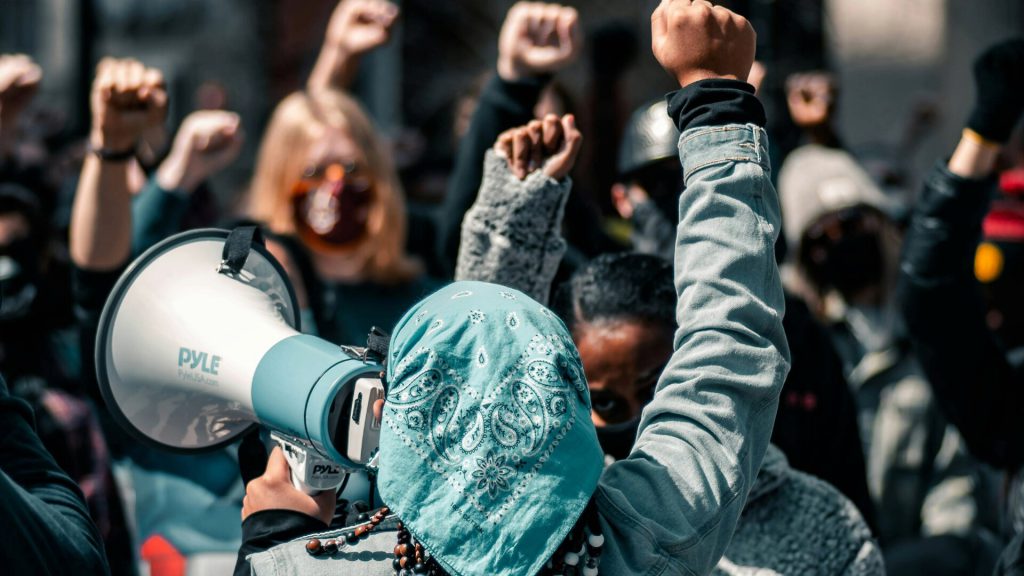A French teacher by the name of Peter Vlaming was fired from West Point High School in Virginia in 2018 after he refused to use a transgender student’s requested pronouns. Vlaming still refused even after the administration directed him to do so, ultimately leading to his dismissal.
Initial Ruling By The Court
The court’s initially dismissed Vlaming’s initial lawsuit.

Emphasizing the need for balance between individual religious beliefs and the constitutional protections of diverse thoughts and expressions.
Legal Steps After Being Fired
After his termination, Vlaming filed a lawsuit against the school board in 2019.

The case stemmed from his refusal to use male pronouns for a transgender boy, choosing to avoid pronouns entirely when addressing or referring to the student.
Free Speech
Vlaming, backed by the Alliance Defending Freedom,

Argued that the schools directive violated his rights to free speech and his right to exercise his religion, which are both protected under the Virginia Constitution and the Virginia Religious Freedom Restoration Act.
Overturned
The Virginia Supreme Court later overturned the initial dismissal of Vlaming’s lawsuit, a decision that elicited responses from multiple legal and civil rights groups,

including the ACLU, which stressed the necessity of fair treatment for all students in educational settings.
Legal Team
Vlaming’s attorney praised the Supreme Court’s decision as an affirmation of constitutional rights,

Condemning the school board for making an attempt to pressure Vlaming to adhere to its perspectives on gender identity.
Claims Of Rights Violations
The Supreme Court’s ruling to reinstate the lawsuit stemmed from allegations that the school board had in fact violated Vlamings rights,

Though it did not definitively settle the case’s merits.
Religious Beliefs
Vlaming justified his actions by referring to his religious and philosophical beliefs, which he argued were infringed upon by the schools demands.

This defense underscores the serious conflict between individual beliefs and institutional policies.
Justification For Vlaming’s Actions
Vlaming’s lawyer contended that his dismissal was not because of the actions he took,

But because of his refusal to comply with speech that conflicted with his religious beliefs, a stance supported by the court’s decision to allow the lawsuit to proceed.
Perspective Of The Superintendent
Laura Abel, West Point Schools Superintendent, justified the schools decision to terminate Vlaming based on his insubordination,

Making the argument that his action created a volatile learning environment for the student.
Complex Case
The case raises significant questions about the balance between an individual’s First Amendment rights and the rights of students to be recognized according to their gender identity.

It prompts observers to contemplate the issues of religious freedom, free speech, and anti-discrimination protections.
Personal Contemplation
The case prompt introspection on the bigger consequences of how educational institutions handle issues of gender identity,

religious beliefs, and the responsibilities of educators.
Example
As the legal proceedings persist, this case continues to be a key example of the ongoing discussions of freedom of expression,

religious rights, and the rights of transgender individuals within the educational system.






